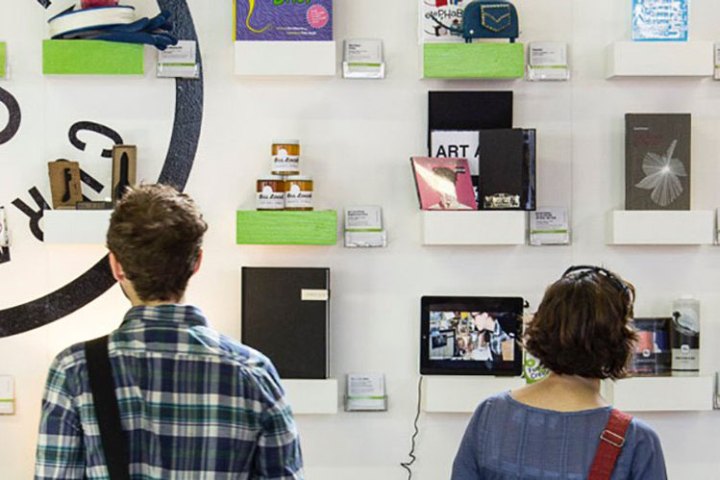
If so, it seems like you were pretty darn unlucky, as the company claimed this week that a mere 9 percent of Kickstarter projects fail to deliver on promised rewards.
The figure comes from a study conducted by Professor Ethan Mollick at the Wharton School of the University of Pennsylvania. Mollick, described as “an expert in entrepreneurship and innovation,” surveyed nearly 500,000 backers about project outcomes and backer sentiment. It should be noted that Kickstarter commissioned the study, though it insists it had “no influence over its findings,” adding, “Wharton and Kickstarter agreed that we would co-publish the results, whatever was found.”
Mollick counted a failed project as one that failed to provide backers with promised rewards rather than one that couldn’t reach its goal, shaping the study as one of more interest to backers than creators. Besides the finding that 9 percent of Kickstarter projects failed to deliver rewards, the research also discovered that 8 percent of pledged dollars went to failed projects, and 7 percent of backers never received their chosen reward, presumably meaning they received something lesser instead.
You can expect that Kickstarter was more than happy with the findings – even more so after reading Mollick’s analysis, in which he wrote: “Ultimately, there does not seem to be a systematic problem associated with failure (or fraud) on Kickstarter, and the vast majority of projects do seem to deliver.”
However, the professor also had some advice for those launching Kickstarter campaigns: “Since failure can happen to anyone, creators need to consider, and plan for, the ways in which they will work with backers in the event a project fails, keeping lines of communication open and explaining how the money was spent.”
The study’s findings come just a few weeks after Europe’s most heavily backed Kickstarter to date crashed and burned, leaving more than 12,000 backers wondering whether they’ll ever see any of their invested cash returned.
The Zano drone project launched toward the end of 2014 and impressed many with its promise of a portable, autonomous mini-drone with HD video capabilities. Backers who pledged a minimum of £139 ($210) were promised an early version of the remotely controlled quadcopter, but prototype amendments and design challenges meant only a few were delivered before the project finally collapsed in November.
In remarks published by Kickstarter alongside Mollick’s research results, the New York-based company says it realizes “that the risk of failure may deter some people from participating,” adding, “We want everyone to understand exactly how Kickstarter works – that it’s not a store, and that amid creativity and innovation there is risk and failure.”
Editors' Recommendations
- GPUs are cheap right now, but don’t be tempted just yet
- Even Nvidia’s partners don’t believe in the new RTX 4060 Ti
- This game lets hackers attack your PC, and you don’t even need to play it
- Largest comet ever seen is coming our way, but don’t worry
- I don’t care if the Asus ROG Flow Z13 is a laptop or a tablet — I just want one


